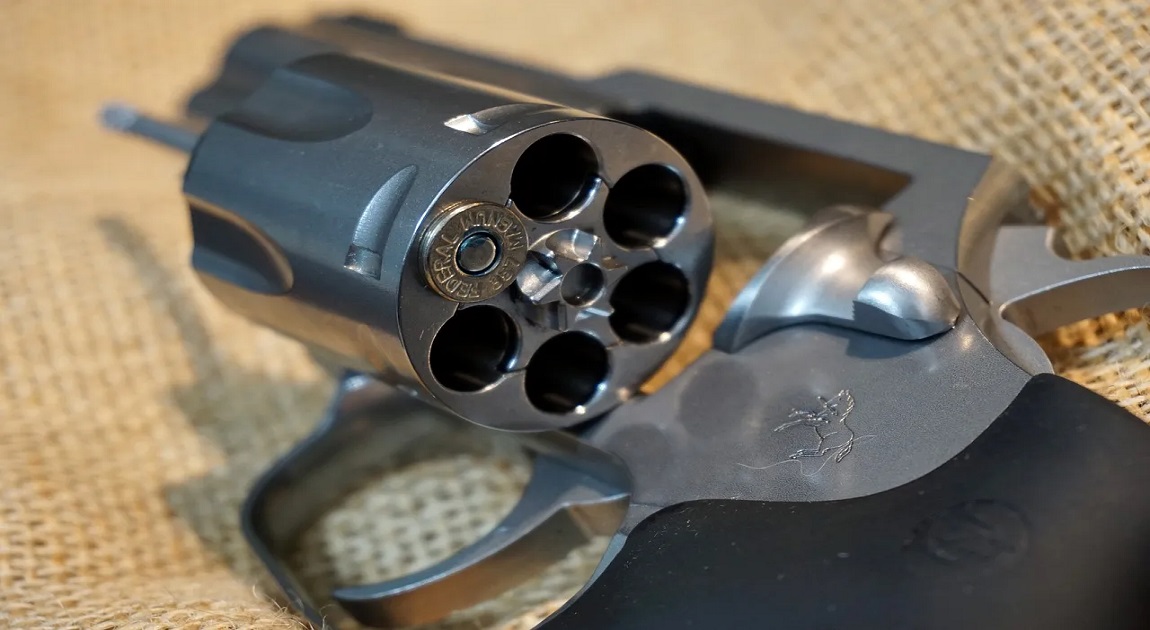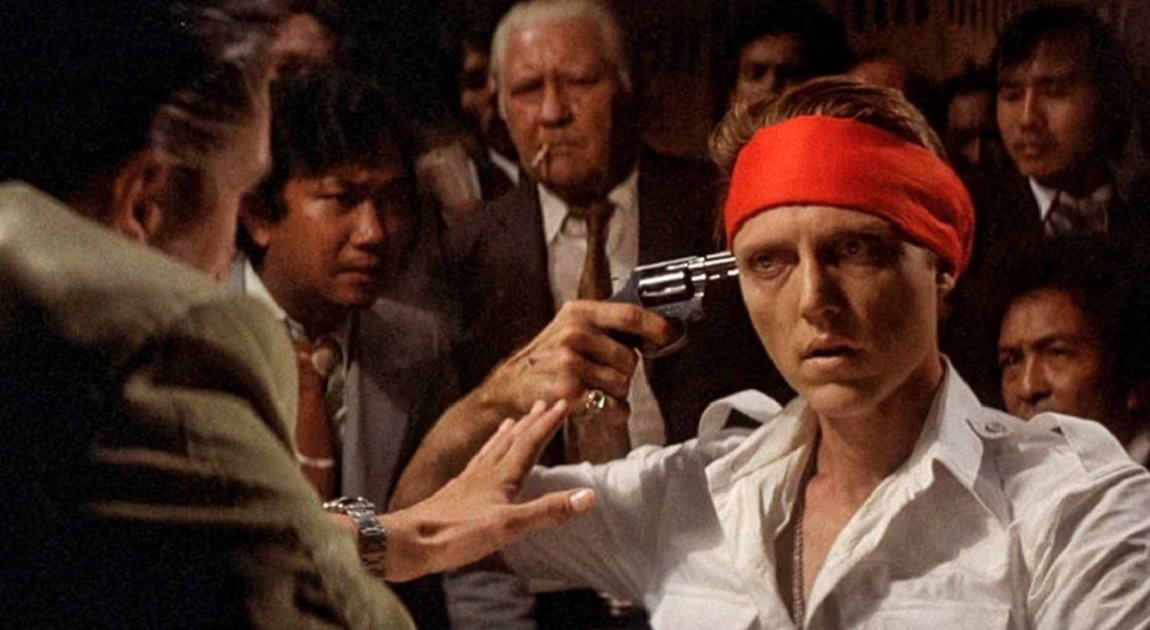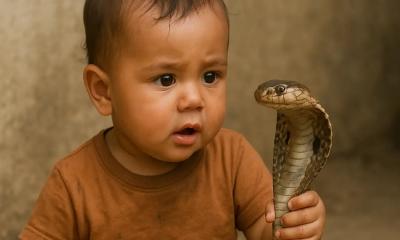It’s a game whispered about in dark corners of cinema, crime thrillers, and military folklore. A game with no winners—only survivors.
Russian Roulette is perhaps the most chilling expression of risk, desperation, and reckless bravado. But beyond the pop culture fascination lies a brutal truth: it’s a game that flirts with death, and sometimes, death answers.
The rules are disturbingly simple. A revolver—typically one with six chambers—is loaded with a single bullet. The cylinder is spun, the muzzle placed against one’s head, and the trigger pulled. The odds? One in six. But the risk? Absolute.
Despite its name, the exact origins of Russian Roulette remain murky. Some accounts suggest it emerged from the Russian military in the early 20th century—possibly among officers as a test of courage or mental fortitude. Others believe it to be a myth that evolved into a symbolic concept of fatal chance.

The first known use of the term appeared in a 1937 short story by Georges Surdez in Collier’s Magazine, describing Russian soldiers daring each other to tempt fate. But whether it began in Russian barracks or American literature, its legacy is universal—and grim.
In the decades since, Russian Roulette has seeped into pop culture, most iconically in the 1978 film The Deer Hunter, where prisoners of war are forced to play the game. The scene, unforgettable in its intensity, became a metaphor for the trauma and randomness of war. In music, books, and even video games, it remains a symbol of ultimate risk and recklessness.
But real-life cases have been far from fictional. Across the world, especially among thrill-seeking youths or under the influence of drugs and alcohol, tragic deaths have been reported as a result of this “game.” Forensic psychologists often describe such acts not as games, but as expressions of suicidal ideation, bravado under peer pressure, or deep psychological turmoil.
Beyond the literal, “playing Russian Roulette” has become a metaphor in modern language—used to describe political brinkmanship, dangerous bets in business, or decisions taken with grave consequences hanging in the balance.
Yet the fascination continues. Perhaps because it strips risk down to its rawest form: a trigger, a breath, and the unknown.
But while its image endures in fiction and metaphor, in reality, Russian Roulette remains exactly what it has always been—a deadly gamble with only one inevitable outcome.










-20260216115008.webp)







-20260216055149.webp)




















